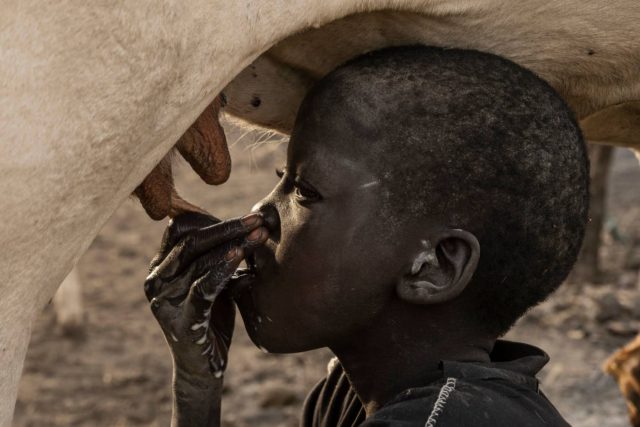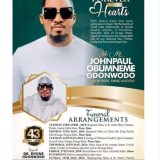The Mundari tribe is a tiny ethnic group in South Sudan, with a population of between 70,000 and 100,000 individuals. After a 21-year civil conflict, South Sudan became the world’s youngest country in 2011. Mundari militias formed commando teams throughout the battle, led by the current governor of Central Equatoria State. They battled in Eastern Equatoria, Darfur, and Eastern Sudan.
The Mundari are a Nile Valley ethnic group (Nilotic). Their main habitat is about 75 kilometers north of Juba, South Sudan’s capital. The White Nile, an essential supply of water for animals, runs through their territory on the east.
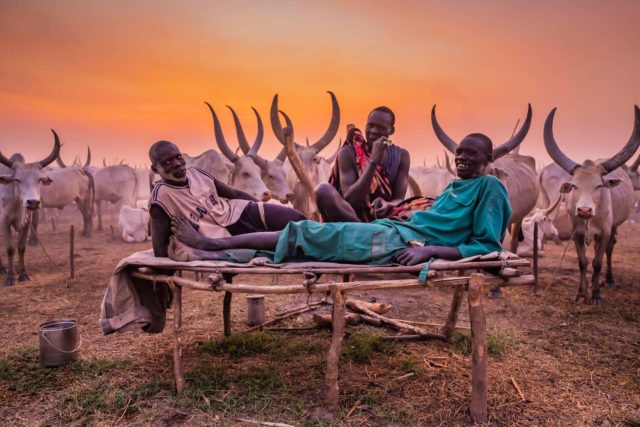
The Mundari have a blend of Christian and animistic beliefs, with symbols playing a big part. Mundari culture is passed down orally via songs, dances, poems, and other body manifestations that reflect good, generosity, and other essential values, as it is for many people in the area. Scarification rituals are a crucial aspect of cultural identity. Men must go through initiation ceremonies, which include living in nature with a village elder for three months apart from the community. V scars sliced into the forehead finish the rite of passage to maturity.
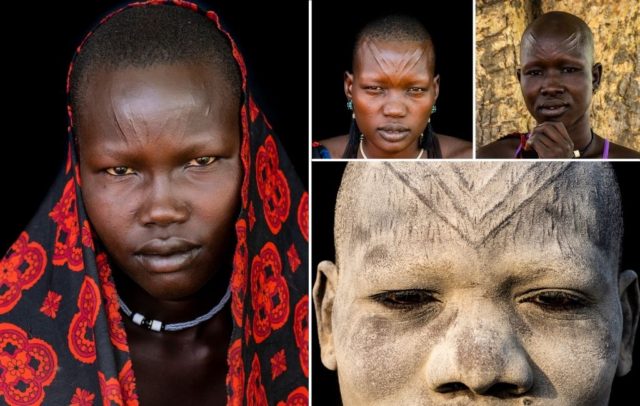
The Mundari, like most tribes in South Sudan, are friendly and peaceful by nature, yet they are armed. Guns have become ubiquitous and easy to obtain as a result of decades of war. The Mudari, on the other hand, appear to be uninterested in battle; firearms are only used to safeguard their herds from cattle rustlers. Wrestling is an important hobby among Mundari men from an early age. They have wrestling events on a regular basis, and the finest competitors compete until they are too old to compete.
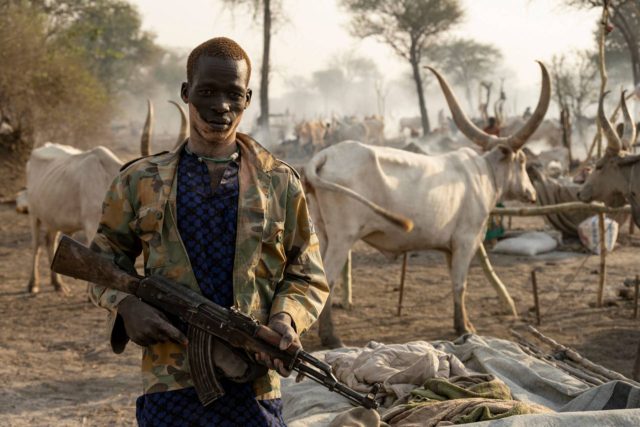
THE CATTLE CULTURE
The Mundari are agro-pastoralists who rely on agriculture and cattle herding for their livelihood. The ‘kings of the cattle’ are their legendary, massive-horned Ankole-Watusi cattle. They are members of the Sanga family of African cattle breeds, which evolved over 2,000 years ago through a cross between African Egyptian longhorn cattle and Indian Zebu longhorns. Sanga cattle spread over eastern Africa, resulting in a variety of varieties. According to some studies, the Ankole-large Watusi’s horns are an adaptation to hot regions that help disperse excess body heat.
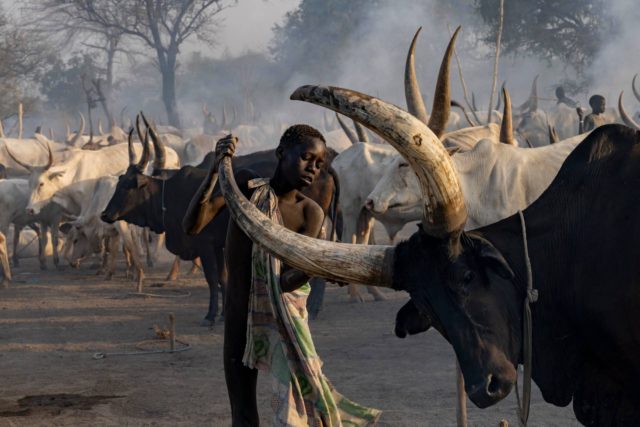
While the elderly (from 38 years old) and maternal relatives build lovely homes in communities, the younger generation (young men and women, teens, and children) tend to livestock in cow camps, migrating with the seasons. With minimal rainfall and high temperatures, this area of South Sudan is especially prone to drought. Herds of up to 850 animals can be found in arid places, and finding enough fodder for such big herds demands regular mobility. Camps are set up along the Nile at the end of the dry season, as it is the only region still green enough to feed their animals.
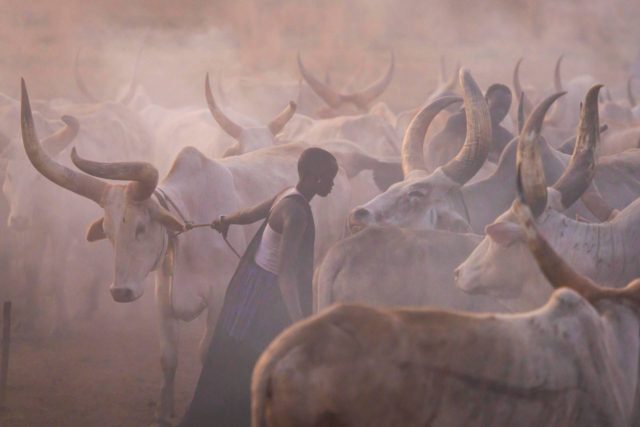
Cattle play a major role in Mundari culture, as they do for many tribes in the region, in terms of religion, birth, and marriage. They are riches and power emblems. Cows are mentioned in every life event, and their lives are sometimes considered more important than humans’. Cattle ownership determines a person’s social status, with the size and shape of the horns being the most important characteristics. Cows are sacred in Ankole-Watusi culture, and an owner’s wealth is measured in live animals. Cattle, unfortunately, are a major source of conflict. Conflicts rarely occur over common resources such as land, but rather over the ownership of animals.
Each Ankole-Watusi was worth up to $500 before the civil war. This was the starting point for determining the bride price paid to a woman’s family. Following the war, the number of middle-aged men looking for marriages surged considerably. This had a direct consequence, as the bride price increased from 20 to 40 cows each bride. This inflation has increased the frequency of fatal cow invasions while also making cattle more valuable.
CATTLE CAMPS
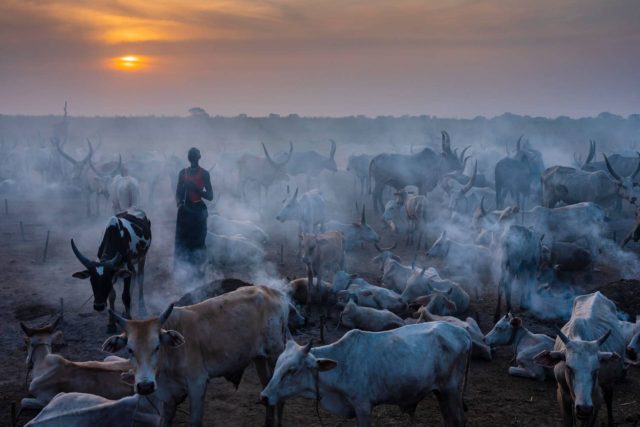
Everyone in a livestock camp has a job to do. During the day, the men lead the cows into the fields, then gather them in the camp before sunset. The ladies clean and cook for the entire family. Every morning, the youngsters clean the camp’s ground by collecting manure and burning it at sunset. The smoke repels mosquitoes while also providing a great photo opportunity.
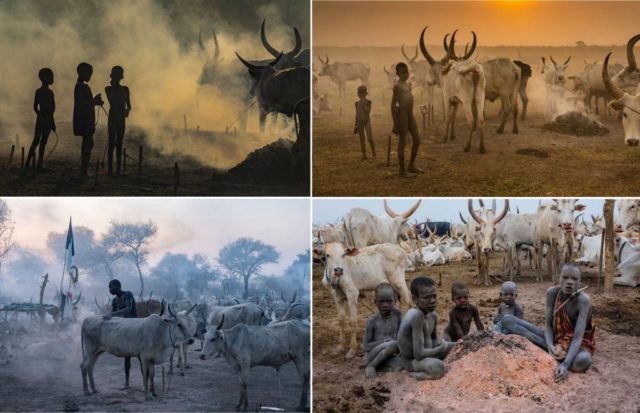
After then, ashes are used as a natural antiseptic to protect people and cows’ skin from insects and the sun. The Mundari also use ash as talcum to massage their cattle twice a day and for personal hygiene.
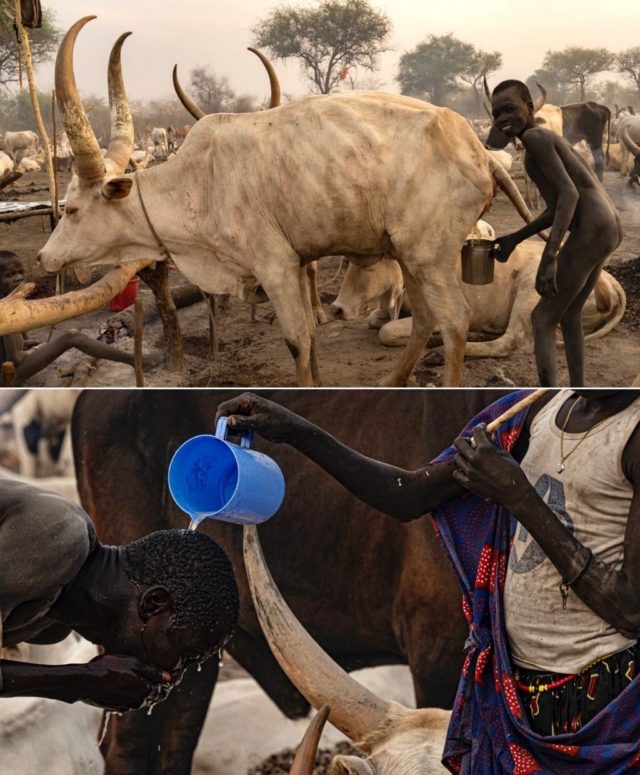
Hands, faces, teeth, and hair are all washed with cattle urine. The Mundari also drink it because they believe it contains purity. They also mix urine with ashes to polish the cattle’s gorgeous horns.
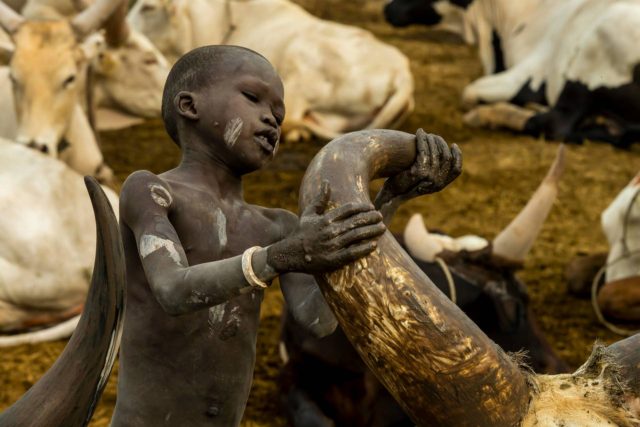
Music performed on horns floats around the camp at night. The folks sing beside the flames until they fall asleep under the stars, just a few feet away from the cattle. Herders must frequently safeguard their sheep from jackals, hyenas, and even painted wolves, making sleep difficult (African wild dogs). Raiders, on the other hand, are the major hazard to livestock. Cattle rustling is a common cultural activity among many pastoral cultures in East Africa, with the Nuer, Dinka, and Murle participating in cyclical raiding frequently.
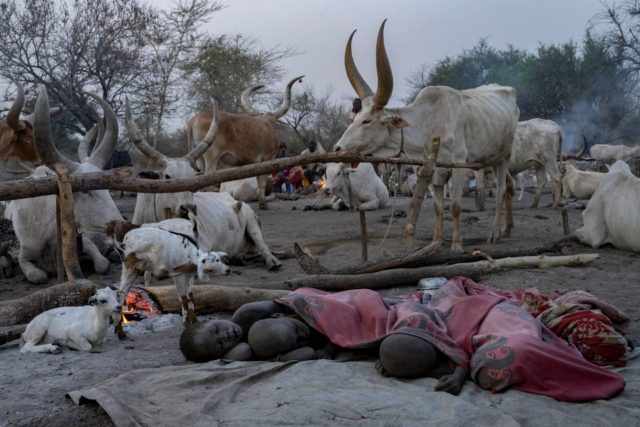
THE FUTURE
The Mundari’s ostensibly sustainable way of life is undoubtedly shifting. Young Mundari nowadays fantasize of a different life, and it’s strange to see young people glancing at the outside world on Chinese smartphones while tending to the livestock. The modern world is approaching, and China is funding and constructing a motorway connecting Juba and Terekeka, the county where Mundari live. This route is part of China’s oil-exploration initiative in South Sudan, which began well before the country’s independence in 2011.
This war-torn region has proven reserves of 3.5 billion barrels of crude oil, with petroleum geologists expecting to find more in the two-thirds of South Sudan that have yet to be explored. Despite the difficulties of functioning in a war zone, China controls the third-largest oil deposit in Africa, according to analysts.
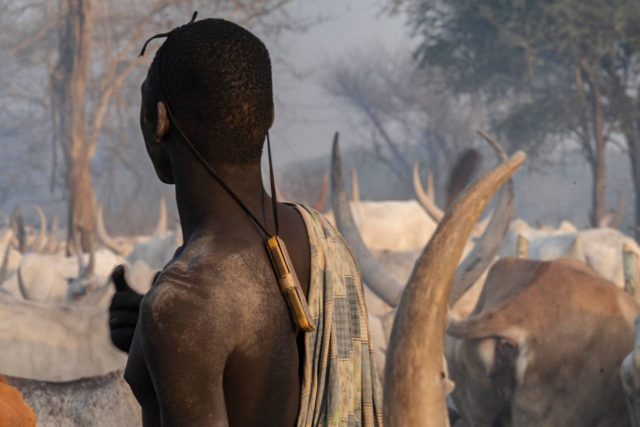
The future of the Mundari way of life is doubtful. However, we feel that the practices we’ve detailed will take years to modify. Despite cell phones and a few other contemporary amenities, they remain the foundation for the tribe’s whole social structure. In two respects, cattle, not money, remains the cornerstone of society.
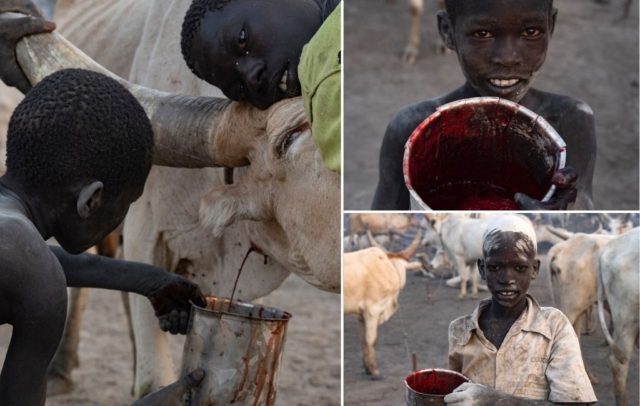
Cattle is, first and foremost, a financial asset, akin to a “mobile bank account.” The majority of Mundari people maintain cattle and sell them to cover basic expenses such as food, school fees, and, perhaps most crucially, the bride price. Cows, on the other hand, generate food. Their milk and blood are extremely significant aspects of the Mundari diet, despite the fact that they are rarely killed for meat.
